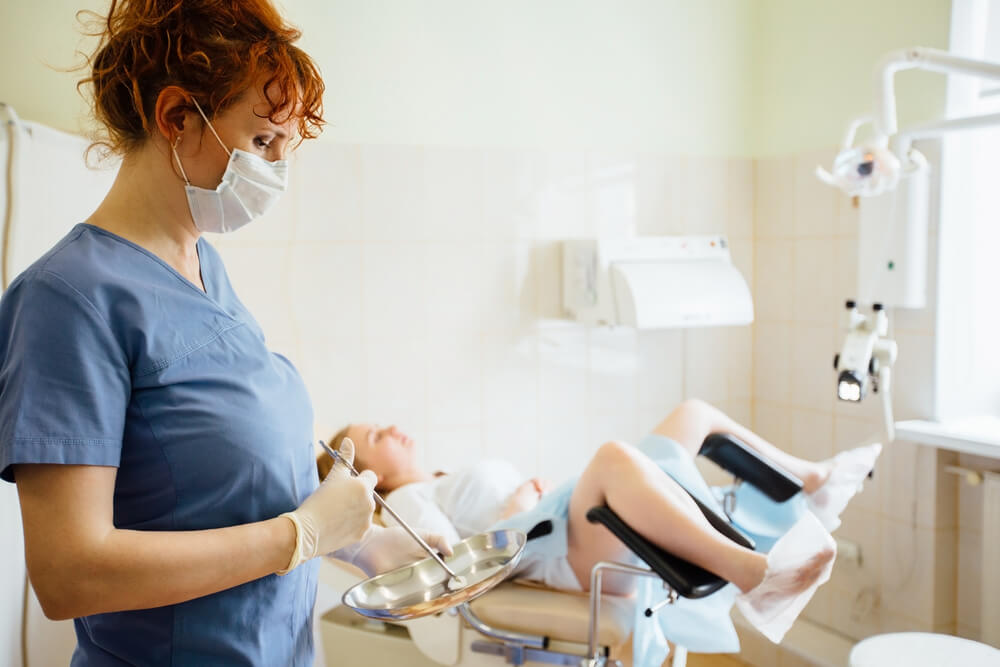Many women are unsure about how often they should visit their gynecologist or obstetrician, and undergo certain tests and procedures. Even though no one can really make you go to the doctor’s, it’s a good idea to be informed about your reproductive health and be responsible when it comes to running tests and screenings.
Depending on the OB/GYN guidelines, your doctor may ask you to come in for different tests at different times, but there are some general rules that all OB/GYNs follow. Read on to get more information on the frequency of visiting your gynecologist.
How Often Should Women Visit Their Gynecologist?
Depending on the type of tests or procedure, you will be advised to visit your gynecologist every year, every other year, and every third year. However, this can change with the changes in your age, body, and conditions, so always make sure to follow OB/GYN recommendations about gynecological and obstetrical examinations.
OB/GYN specialists at Women’s Care of Bradenton are at your disposal for all questions and dilemmas. We specialize in gynecological and obstetrical services, as well as in numerous surgeries and procedures. Contact us today for more information and we’ll gladly tell you everything you need to know.
Annual Gynecological Exam
It is a generally accepted rule that all women older than 21 should have at least one gynecological examination per year. This is only for preventive purposes and it’s important because it can help your gynecologist diagnose and detect serious health conditions on time.
What is included in an annual gynecological exam? Well, it might include a number of questions about your medical history, medications, age, and lifestyle together with the following:
- Assessment of your overall health
- A pelvic exam to check your reproductive organs for masses, abnormalities, and unusual growths
- A Pap smear test to look for signs of cervical cancer or precancerous cells
- A breast exam to check if there are any lumps, skin changes, or nipple abnormalities
Your gynecologist should provide you with all the necessary information before your annual wellness exam. 
Pelvic Exam Guidelines
A pelvic floor examination is a common gynecological exam that helps OB/GYNs detect any abnormalities and illnesses of the reproductive organs in women. This includes the vagina, cervix, ovaries, fallopian tubes, and the uterus. Some women might find a pelvic exam a bit uncomfortable, but they are generally low-risk and painless. Most women start going in for annual pelvic floor exams at the age of 21 which helps reduce the risks of different illnesses, diseases, STDs, and certain forms of cancer.
In consultation with your gynecologist, you’ll know how often to go in for a pelvic floor exam. It’s paramount that you are responsible and go for regular check-ups as this can ultimately save your life in case of a life-threatening condition such as cancer.
Pap Smear Test
At what age do you stop going to the gynecologist? This is a question many women ask because they generally dislike visiting a gynecologist. However, this should be the last thing on your mind as gynecologists and obstetricians are there to help all women with their health issues an provide the necessary care and treatment.
One of the most important tests, besides a pelvic floor exam, is a Pap smear test. This test is done to detect any cell abnormalities and signs of cervical cancer, as well as other forms of cancer and precancerous states. During the test, your doctor will take a sample of your cervical cells to examine them more closely for any unusual changes that might lead to cancer.
Don’t worry because a Pap smear test is done for preventive purposes and if done properly and on time, it can really help avoid serious health issues and diseases. Ask your OB/GYN all you want to know about a Pap smear test and make sure they explain everything in detail.
Well-Woman Exam Guidelines
Finally, a woman can go for a General Women’s Wellness Exam if she thinks it’s necessary. By consulting your gynecologist about it, you can find out what this examination actually entails and when you schedule it.
This type of examination is best performed every year as it addresses more than just one type of problem that women have to deal with. Besides a pelvic floor exam and a breast exam, a General Women’s Wellness Exam also takes care of your individual needs such as family planning, conception, birth control, sexuality, stress, and hormone levels. During this exam, you can ask your gynecologist whatever you want to know about reproductive health and well-being.
Going to the gynecologist should really be part of your yearly routine and you should never try to avoid those examinations. Besides being extremely important for your reproductive health, these exams can give you a chance to find out more about whatever you need to know about your well-being and a healthy lifestyle. Our mission is to provide compassionate and comprehensive personal care to women of all ages, so book your appointment now.


